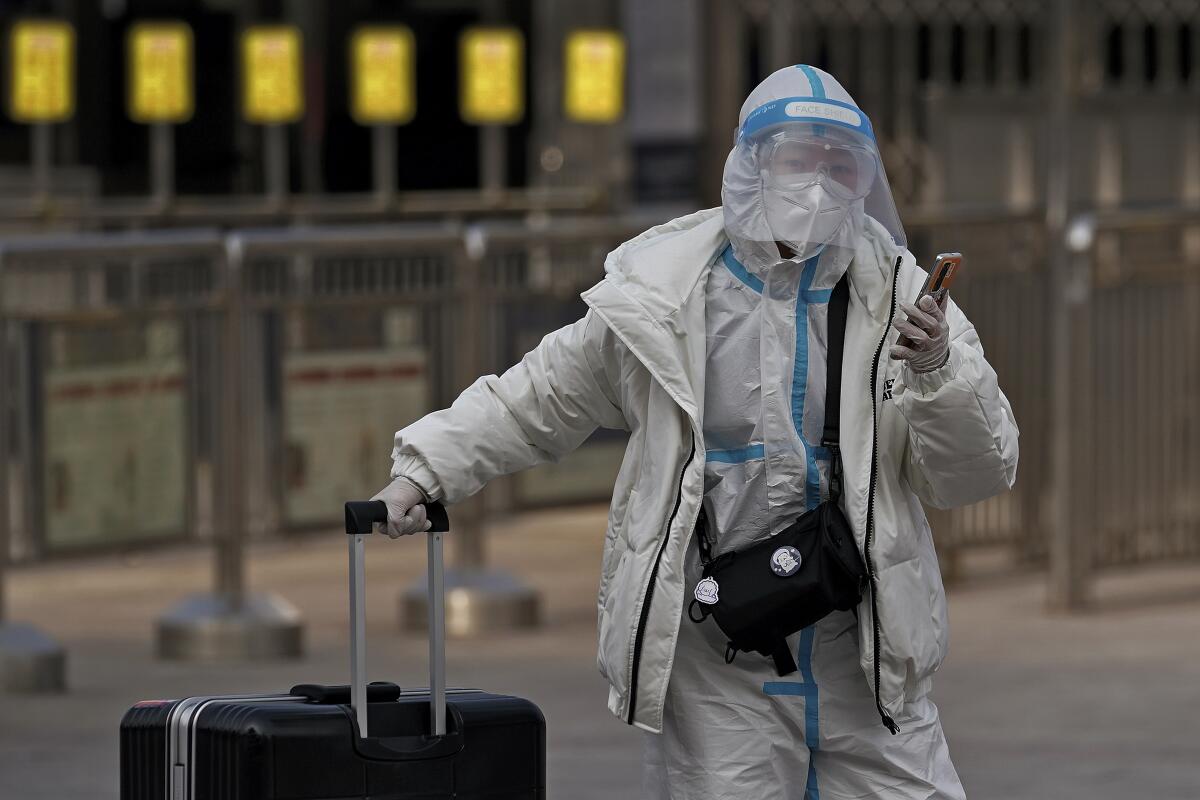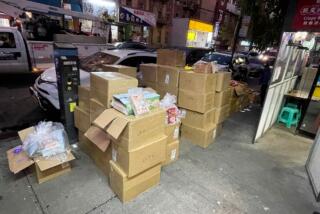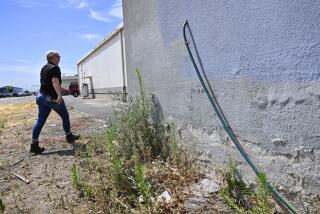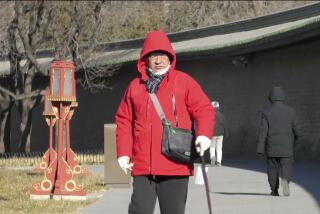China arrests suspects in fake COVID-19 vaccine ring

TAIPEI, Taiwan — Chinese police have arrested more than 80 suspected members of a criminal group accused of manufacturing and selling fake COVID-19 vaccines, including to other countries.
Police in Beijing and in Jiangsu and Shandong provinces broke up the ring, which was producing fake vaccines made of a simple saline solution, the official Xinhua News Agency reported.
The vaccines were sold in China and to other countries, although it was unclear which ones. The group had been active since last September, according to state media.
“China has already reported the situation to the relevant countries,” Wang Wenbin, a spokesman for China’s Foreign Ministry, said at a news briefing Tuesday.
“The Chinese government highly values vaccine safety and will continue to take efforts to strictly prosecute any counterfeits, fake sales and illegal business and other related actions that involve vaccines,” Wang said.
China has a long history of vaccine scandals resulting from manufacturing issues as well as business practices. In 2016, police arrested two people who were in charge of a ring that sold millions of improperly stored vaccines across the country.
Los Angeles city officials worry that residents could be the next target of fraudsters peddling the promise of a dose of COVID-19 vaccine.
In response to recent scandals, China reformed vaccine-safety regulations and increased criminal penalties for those caught making counterfeits.
Surveys showed Chinese public trust in vaccines falling after scandals like the one in 2016. But 74% of respondents in a recent survey published in the Chinese business magazine Caixin said they would take a COVID-19 vaccine if it was available.
China has at least seven COVID-19 vaccines in the last stage of clinical trials, and has one that has been approved for domestic use, made by state-owned Sinopharm.
Chinese vaccine makers have seized the opportunity provided by the pandemic to go global, with Sinopharm and other Chinese companies making deals with or donating their vaccines to at least 27 countries around the world.
Domestically, China has administered more than 24 million doses of its homegrown vaccine candidates as part of a mass-inoculation campaign. It has so far refrained from giving the vaccine to older residents, instead targeting key groups such as medical workers, food-industry workers and adults between the ages of 18 and 59.
More to Read
Sign up for Essential California
The most important California stories and recommendations in your inbox every morning.
You may occasionally receive promotional content from the Los Angeles Times.











